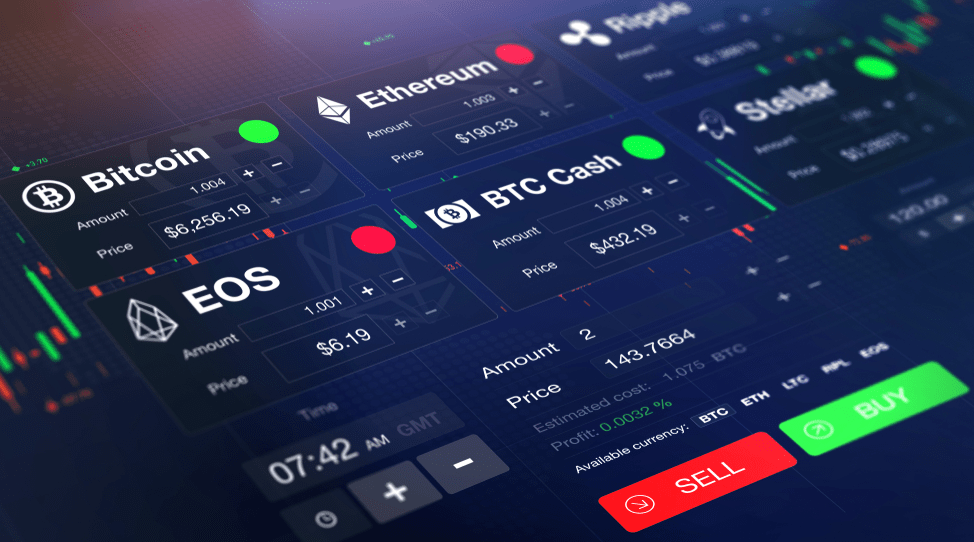What is cryptocurrency mining
A crypto wallet is a digital tool that enables you to store, manage, and interact with your cryptocurrencies. Unlike traditional wallets that hold physical cash, a crypto wallet stores the keys needed to access and manage your digital assets on the blockchain. https://hope2trial.com/ Your keys come in two forms: public keys, which are like your bank account number and can be shared with others to receive funds, and private keys, which are akin to your PIN and should be kept secret to protect your assets.
Wallet software is targeted by hackers because of the lucrative potential for stealing bitcoins. “Cold storage” simply means keeping the private keys out of reach of hackers by storing or generating them on a device that is not connected to the internet. : ch. 4 : 39 The credentials necessary to spend bitcoins can be stored offline in a number of different ways, from simple paper printouts of private keys, to specialized hardware wallets. : ch. 10
A number of technologies known as wallets exist that store the key value pair of private and public key known as wallets. A wallet hosts the details of the key pair making cryptocurrency transactions possible. Multiple methods exist for storing keys or seeds in a wallet.
A wallet can also have known or unknown vulnerabilities. A supply chain attack or side-channel attack are ways of introducing vulnerabilities. In extreme cases even a computer which is not connected to any network can be hacked.
Cryptocurrency exchange
Like Binance, Huobi offers yield farming services by essentially contracting them out in various offerings with lockups. Liability is again placed squarely on your shoulders, and you have to take a more active role in picking which contracts to commit to.
Passive yield wise, Coinbase offers in-house staking of a handful of coins, with no lockup times, though they do take a reasonably high cut of the rewards in the process (~25% of the staking rewards).
Kraken is the next go-to for most US based customers, and with reason. The exchange has been around a long time with no security issues, and generally good professionalism. They have had a few instances of market liquidity issues causing some awkward situations with margin traders getting surprise-liquidated.

Like Binance, Huobi offers yield farming services by essentially contracting them out in various offerings with lockups. Liability is again placed squarely on your shoulders, and you have to take a more active role in picking which contracts to commit to.
Passive yield wise, Coinbase offers in-house staking of a handful of coins, with no lockup times, though they do take a reasonably high cut of the rewards in the process (~25% of the staking rewards).
Kraken is the next go-to for most US based customers, and with reason. The exchange has been around a long time with no security issues, and generally good professionalism. They have had a few instances of market liquidity issues causing some awkward situations with margin traders getting surprise-liquidated.
Best cryptocurrency
The term DeFi (decentralized finance) is used to refer to a wide variety of decentralized applications that enable financial services such as lending, borrowing and trading. DeFi applications are built on top of blockchain platforms such as Ethereum and allow anyone to access these financial services simply by using their cryptocurrency wallets.
If you want to buy a particular cryptocurrency but don’t know how to do it, CoinCodex is a great resource to help you out. Find the cryptocurrency you’re looking for on CoinCodex and click the “Exchanges” tab. There, you will be able to find a list of all the exchanges where the selected cryptocurrency is traded. Once you find the exchange that suits you best, you can register an account and buy the cryptocurrency there. You can also follow cryptocurrency prices on CoinCodex to spot potential buying opportunities.
This article is not an endorsement of any particular cryptocurrency, broker or exchange nor does it constitute a recommendation of cryptocurrency or CFDs as an investment class. Cryptocurrency is unregulated in Australia and your capital is at risk. Trading in contracts for difference (CFDs) is riskier than conventional share trading, not suitable for the majority of investors, and includes the potential for partial or total loss of capital. You should always consider whether you can afford to lose your money before deciding to trade in CFDs or cryptocurrency, and seek advice from an authorised financial advisor.
Top 10 cryptocurrencies
Nevertheless, Australians are crypto-curious. According to consumer group CHOICE, almost one in five Aussies are either involved in some form of cryptocurrency trading or are interested in getting involved. Those who steer clear from crypto often do so because of the risk of crypto scams. Some 4.6 million Australians own cryptocurrency, and Australia ranks third in the world for crypto uptake.
Congestion on the largest smart contract-enabled blockchain sent users in search of more scalable blockchains, spurring the growth of alternative layer 1 blockchains and scaling tools. The year brought astronomical gains for the likes of Avalance, Fantom, Polygon and Terra, which ate up half the slots in the top 10.
Cardano’s ADA token has had relatively modest growth compared to other major crypto coins. In 2017, ADA’s price was $0.02. As of September 24, 2024, its price was at $0.3699. This is an increase of 1,749%.
For astute investors, crypto assets can be an interesting addition to a diversified portfolio. However, they require careful research, strong security practices and a strong stomach to weather the volatility they bring. The Australian Government is yet to introduce legislation to Parliament to regulate crypto markets, and until they do, it will remain a haven for scammers.
Fantom, Solana and Avalanche – other layer1 blockchains – also cracked the top 10. The race for a more scalable alternative to Ethereum sent Fantom’s FTM token up 13,808%, SOL up 9,374%, and AVAX up 2,787%.


